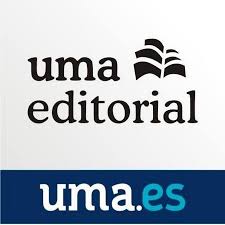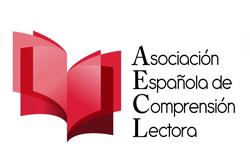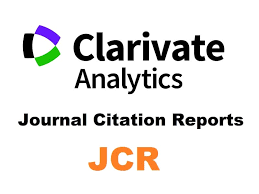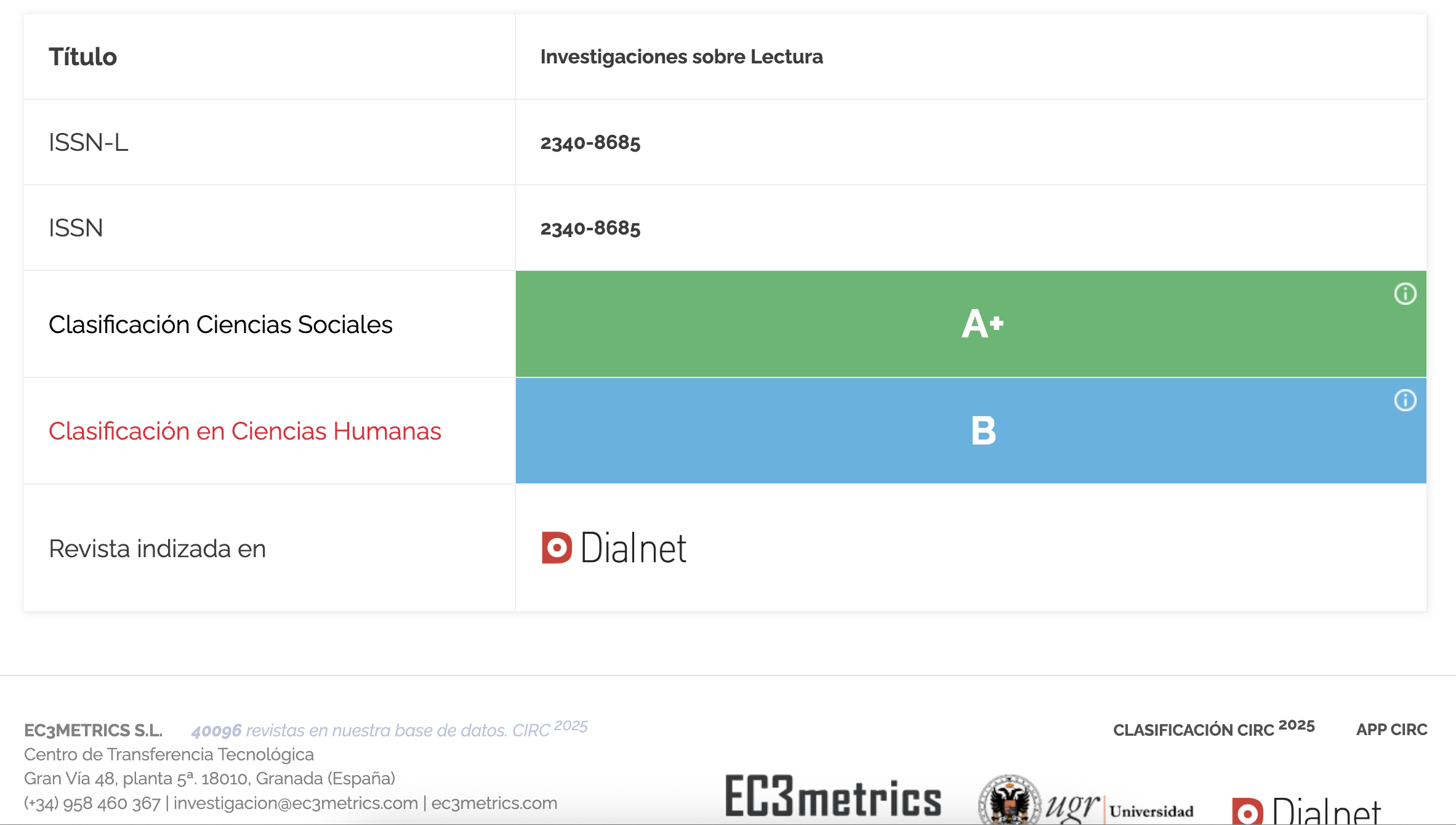El lector como usuario: implicaciones didácticas
DOI:
https://doi.org/10.24310/revistaisl.vi6.10974Palabras clave:
Information Society, Literacy, Reading, Skills DevelopmentResumen
This article analyzes the figure of the reader and the challenges facing this through the transformations that occur in the digital world from the perspective of the teaching-learning. It is understood the reader of the XXI century as a user and creator of content on the network. Reading is one of the main practices of access to knowledge, and also works as an engine of social power that articulates shared web 2.0. Thus, definitions of literacy and reading skills are changing, as these not only have to consider the linear reading of printed texts, but also have to be extended to reading practices in new media and technological devices. a review of research and models that describe a corpus of work that brings together evidence and international results regarding formatting preferences, learning styles, skills development and strategies of reading on screen and / or reading in digital environments is presented.At the end of the work prospects are proposed to rethink the role of digital reader, where the social dimension of reading practices becomes more consideration, and where also the roles developed by the reader multiply.
Descargas
Métricas
Publicación Facts
Perfil de revisores N/D
Información adicional autores
Indexado: {$indexList}
-
Indexado en
- Sociedad Académica/Grupo
- N/D
- Editora:
- EduVerso, Universidad de Málaga
Descargas
Publicado
Cómo citar
Número
Sección
Licencia
Todos los contenidos publicados en Investigaciones sobre la Lectura están sujetos a la licencia Creative Commons Reconocimento-NoComercia-Compartirigual 4.0 cuyo texto completo puede consultar en <http://creativecommons.org/licenses/by-nc-sa/4.0>
Se pueden copiar, usar, difundir, transmitir y exponer públicamente, siempre que:
- Se cite la autoría y la fuente original de su publicación (revista, editorial y URL de la obra).
- No se usen para fines comerciales.
- Se mencione la existencia y especificaciones de esta licencia de uso.
Los derechos de autor son de dos clases: morales y patrimoniales. Los derechos morales son prerrogativas perpetuas, irrenunciables, intransferibles, inalienables, inembargables e imprescriptibles. De acuerdo con la legislación de derechos de autor, Investigaciones sobre la Lectura reconoce y respeta el derecho moral de los/las autores/as, así como la titularidad del derecho patrimonial, el cual será cedido a la Universidad de Málaga para su difusión en acceso abierto. Los derechos patrimoniales, se refieren a los beneficios que se obtienen por el uso o divulgación de las obras. Investigaciones sobre la Lectura se publica en open access y queda autorizada en exclusiva para realizar u autorizar por cualquier medio el uso, distribución, divulgación, reproducción, adaptación, traducción o transformación de la obra.
Es responsabilidad de los/las autores/as obtener los permisos necesarios de las imágenes que están sujetas a derechos de autor.


























30.png)




